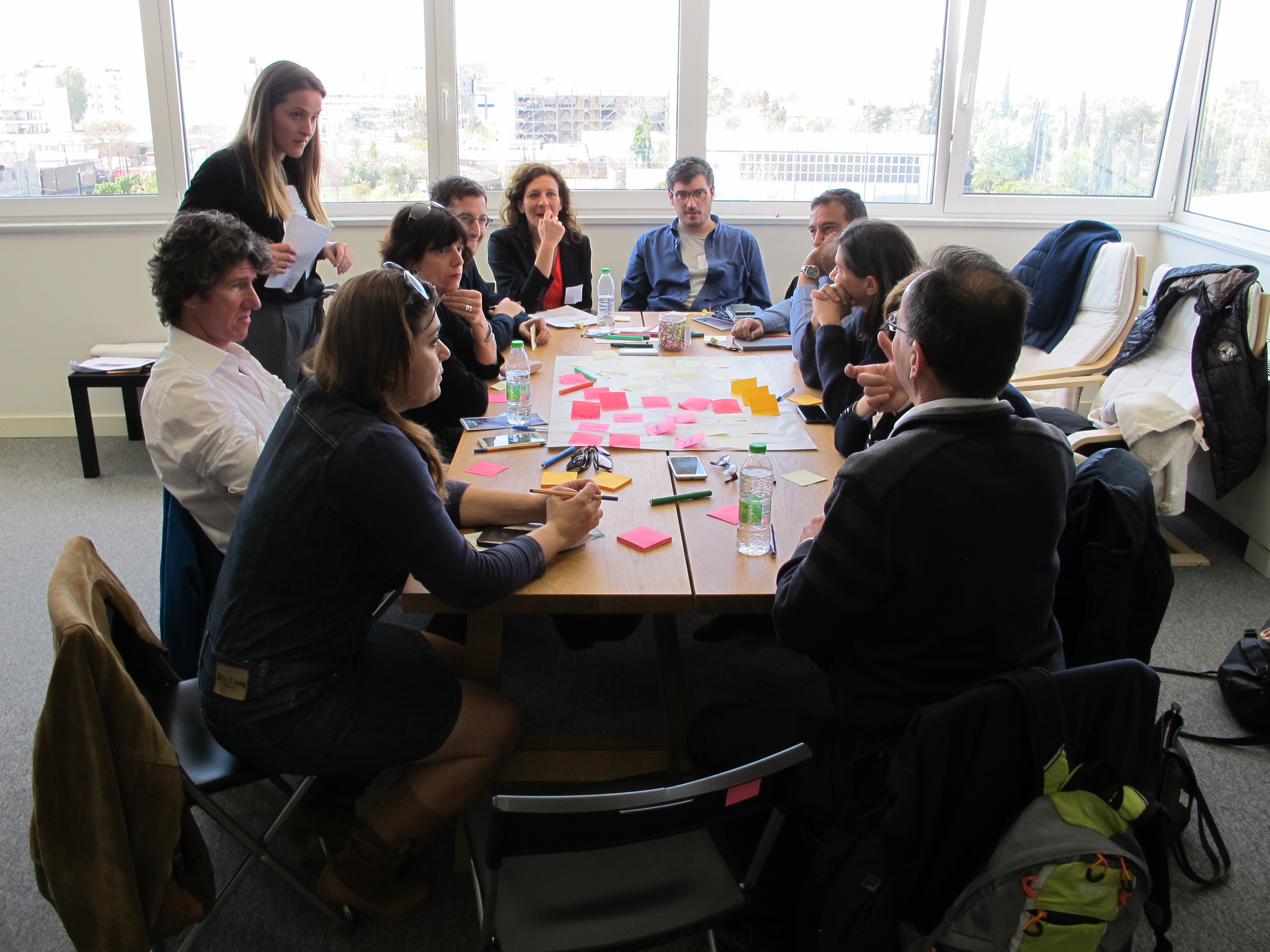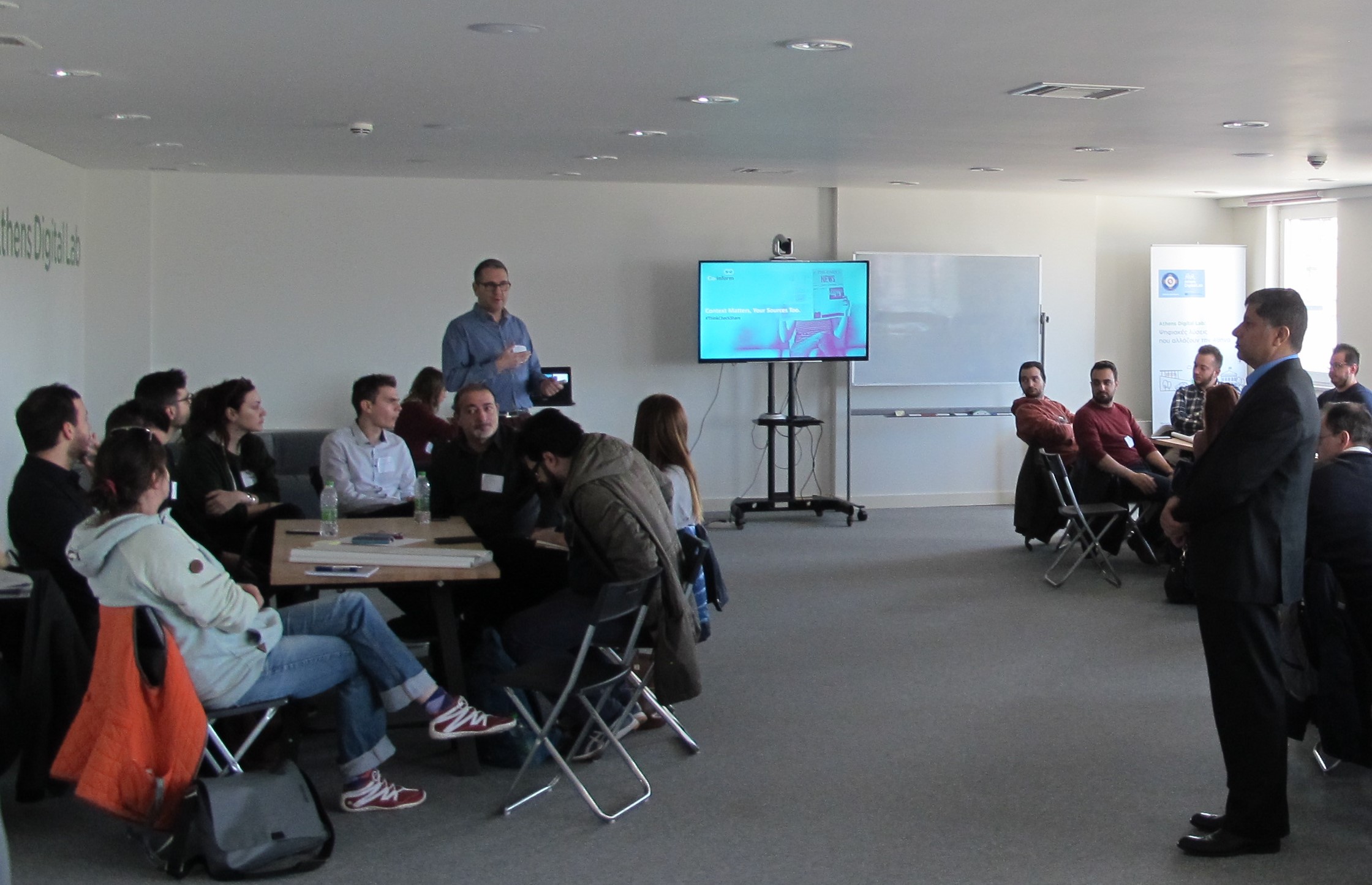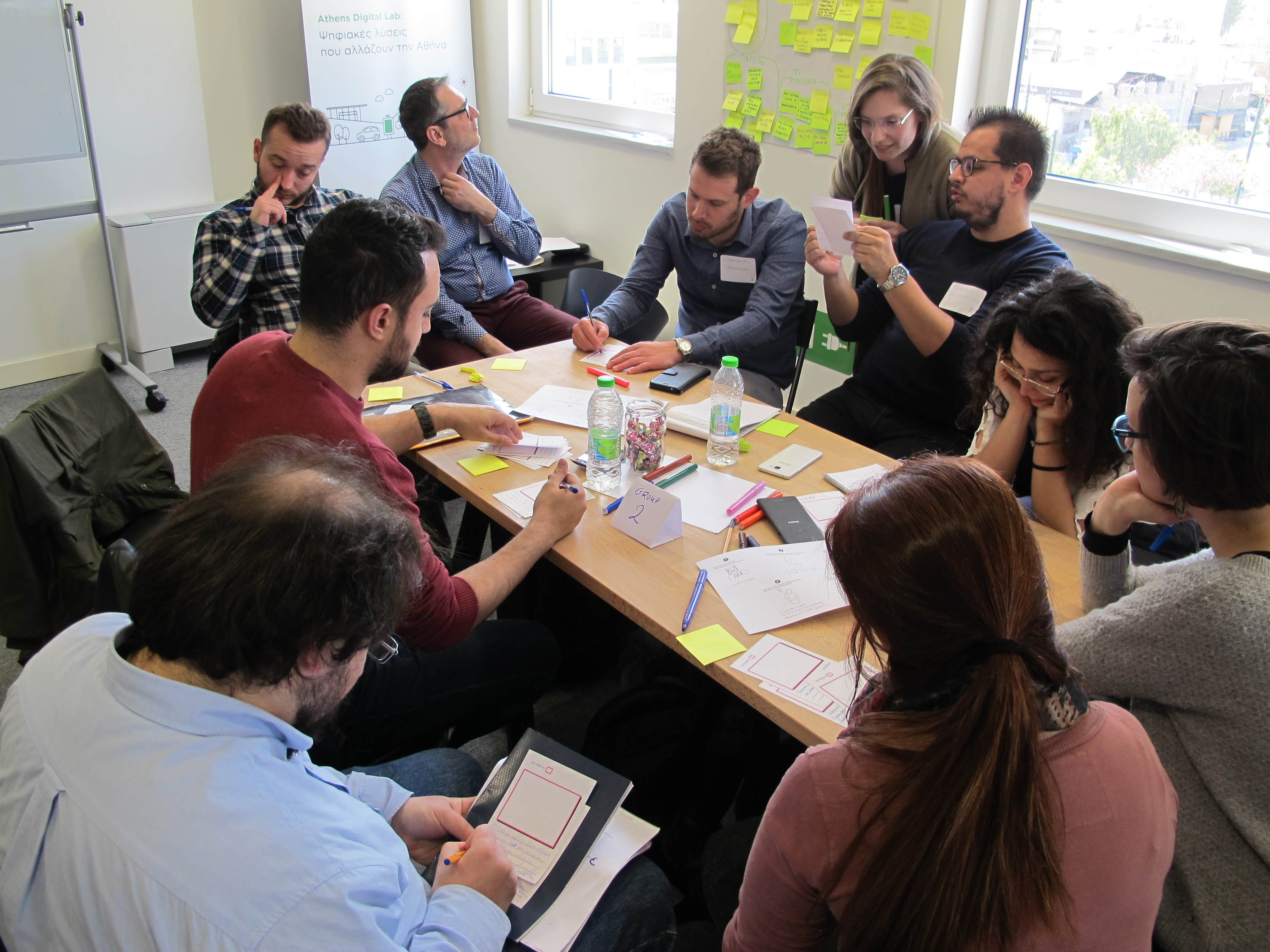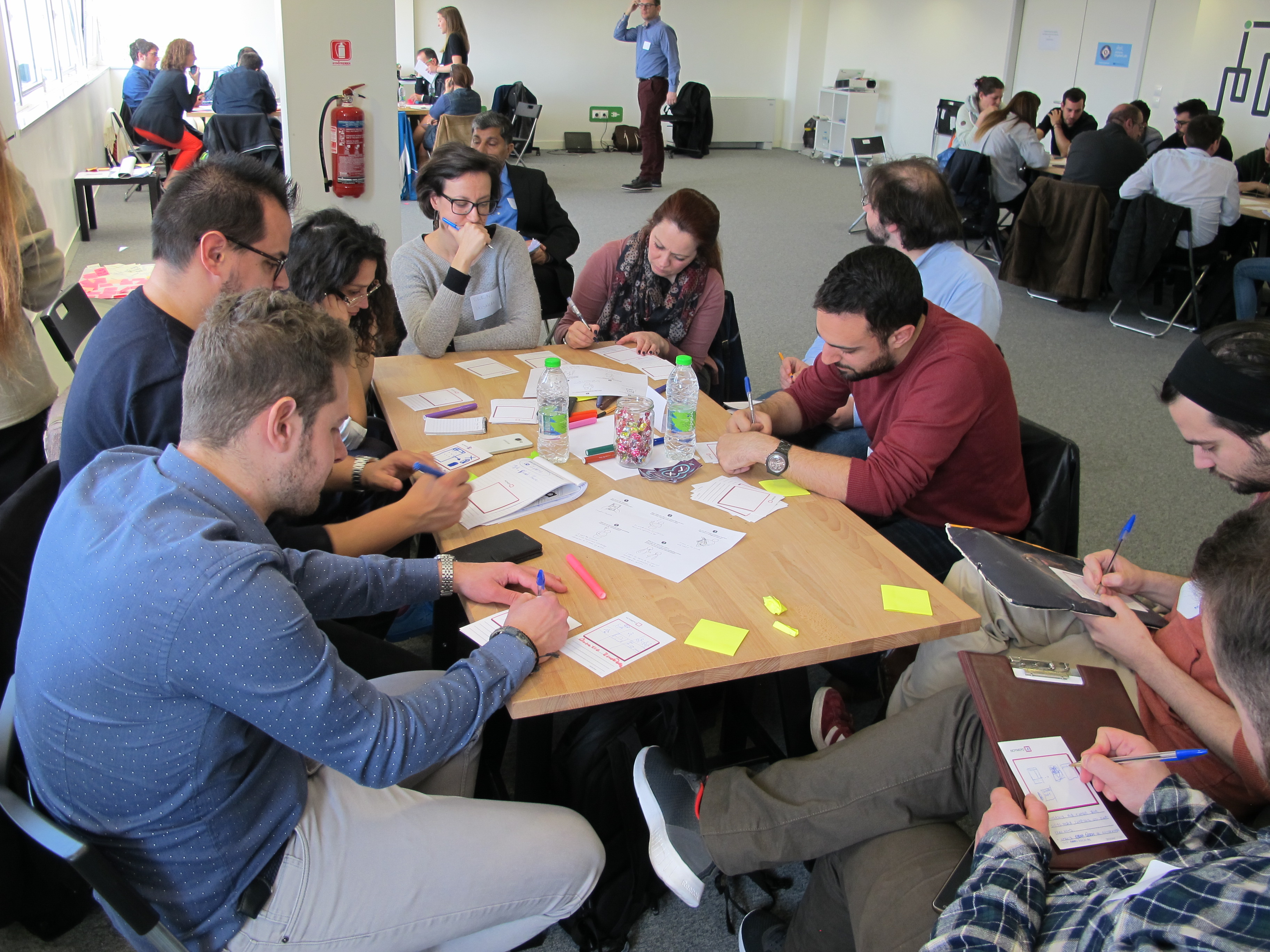Blog
Misinformation about Migration in GreeceAuthor: International Hellenic University

Misinformation generates misperceptions which affect policies in many domains, including the environment, economy, health, and foreign policy. Between 2016 and 2018, over 200,000 refugees and migrants arrived in Greece. According to estimates of the Greek Ministry of Education, approximately 60,000 of the 177,000 refugees that arrived in 2016 have remained in Greece. Because of the closure of the Western Balkans route in 2016, fewer people were able to continue their journey to other European countries.
Misinformation on migration tends to spike at times of increased flows, when the issue gets intense media coverage. Recurrent stories include criminal acts, supposedly perpetrated by migrants, the abuse of social benefits and the “invasion” as a threat to the national security of the host country.
Many are the conditions that contribute to creating a fertile environment for the spread of misinformation regarding migrants and refugees in Greece: the financial crisis has severely impacted the local job market, consequently rising unemployment rates and discontent among the population. The language barrier, together with lack of activities and public shared spaces also makes it difficult for migrants to integrate with the receiving communities. Misinformation on migration can generate division in society and lead to real-life consequences. For example, Facebook has been used to incite violence and hate crimes in the Philippines, Libya, Germany, and India.
Trust in news and media is at an all-time low and yet it has never been more crucial for people to know which sources to trust as in the era of digital communications. Recent studies have shown that trust in traditional news sources in Europe has slightly grown lately. However, due to decades of corruption, political and business undue influences, and their targeting by left- and right-wing populist parties, the media is widely distrusted by Greeks.
In Greece people heavily rely on social media as their main source of news. According to the Reuter’s Institute 2019 Digital News Report, “more than two-thirds (67%) of Greeks use social media as a source of news, while 20% of Greeks online (and 32% of those under 35) claim that social media are their main source of news. Apart from Facebook (58%) and YouTube (36%), Greeks use messaging applications widely to share and discuss news. A quarter of the sample (25%) uses Messenger for news, while Viber is used for news by 17% of Greeks”.
31 people gathered at the Athens Digital Lab in Serafio, the innovation center of the Municipality of Athens. The group was composed of 13 citizens, including some migrants and refugees, 9 journalists (6 journalists and 3 fact checkers), and 9 policymakers. The aim of the workshop was to understand which sources the stakeholders trust the most with a focus on the different strategies employed by citizens, journalists and policymakers to combat the spread of misinformation about immigrants and refugees.
What emerged from the discussion with the journalists was that most of them consider ‘printed and online newspapers and news magazines’ as reliable sources while ‘TV, Radio, and video hosting websites’ are perceived as less reliable.
In order to verify the correctness of news, they usually search for a public or a judicial document that confirms the information. For example, in the case of news about immigrants and refugees, they would approach the Hellenic Ministry of Migration Policy. This task is often performed with the support of a public officer or a lawyer. Journalists also pointed out that they consult at least two or three sources before establishing if a piece of news is accurate and worth sharing with the public.
“The online media market in Greece is highly fragmented, with new digital born players making up half the list of most popular websites. Greeks report using on average more than 5 online news sources per week. While this finding reflects plurality in news selection, in the long-tail list of the most visited websites are several news websites or blogs that regularly engage in dangerous conspiracy theories” finds the Reuters’ Digital News Report.
At the workshop, discussion among the citizens showed that they prefer to get their news from a variety of media sources to avoid spreading ‘fake news’ and that they consider ‘printed and online newspapers and news magazines’ as reliable and perceive ‘TV, Radio, and video hosting websites’ as less reliable. They also highlighted that they tend to consider a source worth being trusted if it isn’t funded by political parties.
The policymakers also consider ‘printed and online newspapers and news magazines’ reliable sources and ‘TV, Radio, video hosting websites, online social networks and messaging apps’ as not reliable sources. They rely on relevant public sector entities to acquire information that has been verified by competent staff. The policymakers also use online news sources. However, they tend to trust and share information retrieved from secure and reliable databases.
Co-Inform is a H2020 project which aims to create tools for better-informed societies. The stakeholders will be co-creating these tools by participating in a series of workshops in Greece, Austria, and Sweden, taking place over the next two years.
Subscribe to our newsletter
Get our latest project updates, news and events announcements first!

Co-inform project is co-funded by Horizon 2020 – the Framework Programme for Research and Innovation (2014-2020)
H2020-SC6-CO-CREATION-2016-2017 (CO-CREATION FOR GROWTH AND INCLUSION)
Type of action: RIA (Research and Innovation action)
Proposal number: 770302









